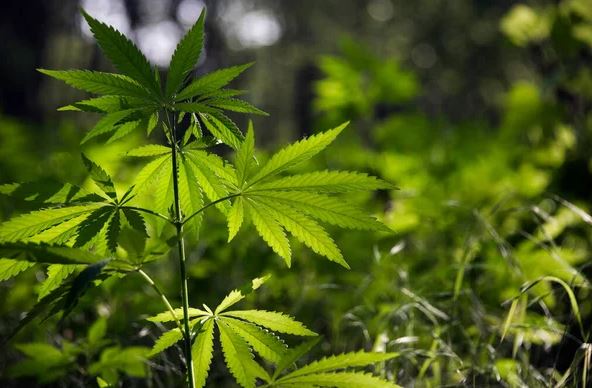Instead of gleaming white industrial agriculture facilities, scruffy hippies getting high on their supply in a chaotic underground economy have long been the stereotypical picture of cannabis cultivators. Even larger-scale companies had little formal record keeping or little quality control.
However, the cannabis sector is growing more cannabis cultivation license professional as the use of legal cannabis for medical purposes and, increasingly, recreational purposes spread. It is ensuring it can manufacture safe, dependable, and high-quality products for a rapidly expanding and lucrative market by adopting the techniques and standards of plant science and analytical chemistry.
According to Youbin Zheng, a horticulture researcher at the University of Guelph in Canada who collaborates with cannabis businesses, “as the industry has grown, they realized they must transition to use modern horticultural science.”
Commercial cannabis growers must adhere to the same criteria as other consumer items, even if small-scale growers of illegal marijuana can get away with ambiguous descriptions of strains and significant batch-to-batch fluctuation. They must create a dependable product and adhere to the strict laws and guidelines that govern product labeling and safety in their nation.
According to Zheng, many of the difficulties associated with producing cannabis on a big scale can be overcome using what has been learned from the commercial greenhouse sector. Commercial crop cultivation needs uniform soil and regular watering. Small changes can cause the crop to dry out at different rates in different regions, resulting in the spread of pathogens, root rot, and irregular production. However, the tomato sector, for instance, has experience producing tens to hundreds of hectares of food at once. Zheng claims that this knowledge can be easily transferred to cannabis growers.
He claims that marijuana is just another crop. The commercial vegetable and flower sectors have been tackling the same issues for a long time and already have the necessary technologies.
But some problems are exclusive to the cultivation of cannabis. Furthermore, producers must conduct studies under carefully controlled circumstances to comprehend how plant genetics and growing environments may impact the product to get the most effective output.
Zheng’s is one of several laboratories collaborating with cannabis growers to assist and direct this effort. He is researching the effects of light intensity and wavelength on the cannabinoid composition of plants. For instance, more UV light can result in higher concentrations of tetrahydrocannabinol (THC), the primary psychoactive ingredient in cannabis. He explains, “We want to develop a lighting mix that would assist producers in getting a consistent result.
After acquiring cannabis retail license consultant, Cannabis businesses are increasingly embracing methods and innovations developed by cannabis cultivation license professionals in horticulture and commercial agriculture. According to Jeff Purcell, vice president of operations at Organigram, a cannabis producer in Moncton, Canada, strict restrictions are placed on the company’s growth processes. He claims that the growth environment is standardized and that air, light, temperature, and fertilizer are all entirely under our control. “Everything is computer-controlled and fully automated.”
The operation of Organigram stands in stark contrast to the idea of a clandestine farm tucked away in the woods. It has 52 identical growing chambers spread across three floors and is fully inside. Since plants are cloned rather than raised from seed, the crop’s genetic makeup is preserved from generation to generation. All growing parameters are monitored and recorded by the farmers, who then adjust them as necessary to keep consistency. Purcell views the business as a “production plant” instead of a garden or greenhouse. The man said there are quality checks, just as you would find in any factory, whether it was making tires or food.
Organigram can conduct systematic, controlled trials and generate enormous amounts of data thanks to the large-scale, controlled environment. Purcell estimates that with 5 cycles of growth per year in each growing room, the company can produce more than 250 generations’ worth of growing data annually. The business can utilize such data to identify the conditions that benefit the plants the most and recreate those settings on a large scale. That is a significant distinction with the black market, he claims. “You must adopt a data-driven approach when scaling up.”
Cannabis companies that have cannabis cultivation license professional by their side are looking to universities to locate the academics they require with expertise in plant science, microbiology, chemistry, and other scientific fields to operate these cutting-edge facilities. Instead of hiring underground cultivators, a lot more people with university degrees and training are being hired, according to Zheng.
The Final Verdict!
The importance of sound science inside the cannabis sector will also grow, creating more opportunities for collaboration. According to Zheng, the scientific community and industry are sharing information directly more and more.
